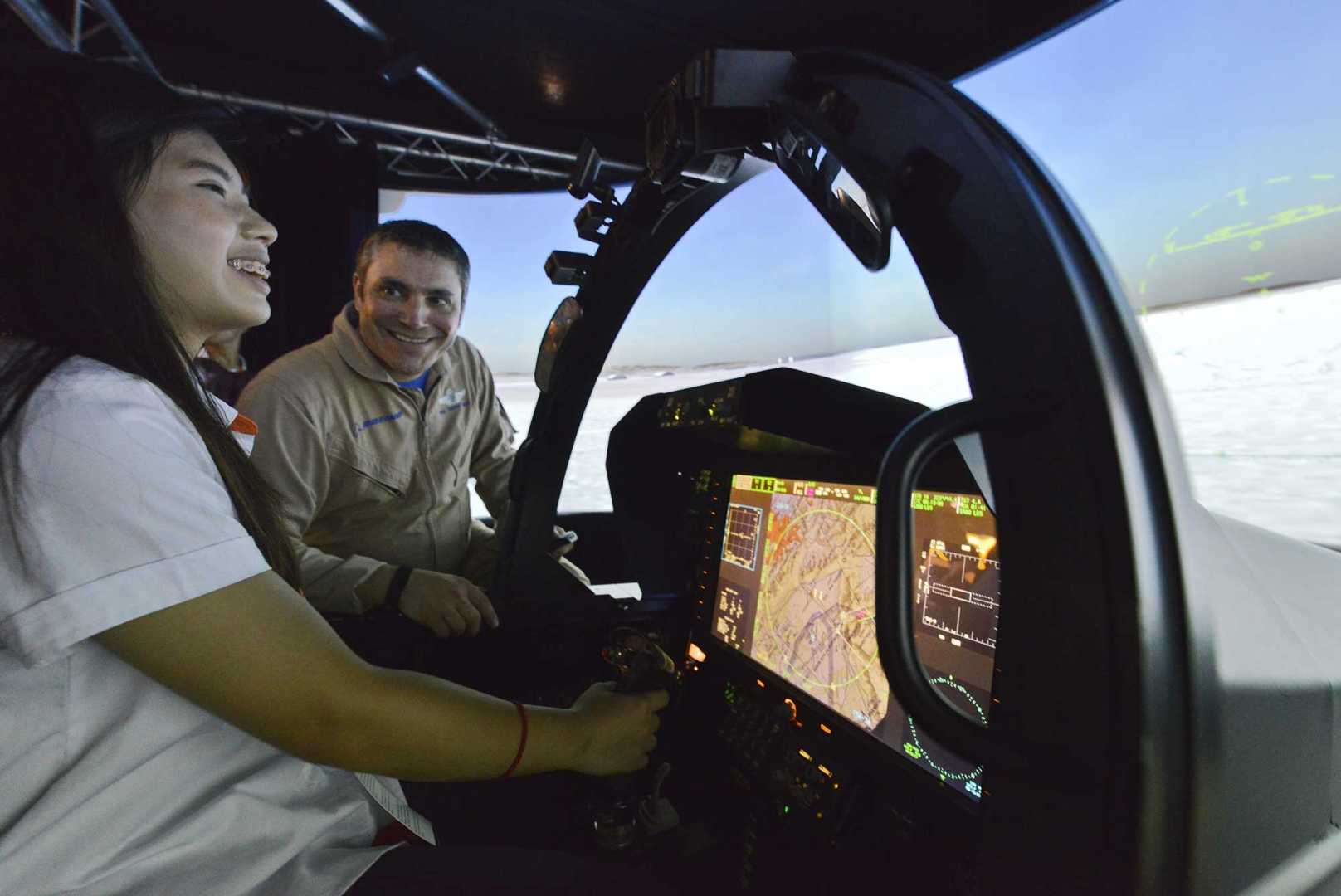News
Captain Khaw Overcomes Obstacles to Become Pilot and Mentor

SINGAPORE – Captain Vanessa Khaw, a former flight attendant, has transformed her career and now serves as a pilot for Scoot and Singapore Airlines. Her passion for flying sparked during cockpit visits while on duty. Today, Khaw is one of just 61 female pilots in the SIA Group, symbolizing the challenges women face in Singapore’s aviation industry.
Khaw’s journey into aviation began in 2004 as a flight attendant with Singapore Airlines. After three and a half years, she decided to leave her cabin role and pursue a full-time flying career. She attended Singapore Flying College and earned her commercial pilot license in 2009. In 2010, she joined Tigerair, which later merged with Scoot. Despite facing many obstacles, including financial issues and rejections from airlines, Khaw persevered, funding her training through savings and family loans.
Now an instructor at Scoot, Khaw mentors new cadets and serves as a role model for aspiring female pilots. She emphasizes the importance of meeting the same standards regardless of gender in the cockpit. “Whether you’re male or female, you still have to meet the standards,” Khaw said. She enjoys short-haul flights, allowing her to spend time with her two daughters, who also dream of flying.
Currently, women comprise only 1.9% of the SIA Group’s pilot workforce, an increase from previous years. As per the 2023–2024 Sustainability Report, this percentage reflects a slow but positive trend compared to 1.6% in 2022–2023. In contrast, countries like India have 14.4% female pilots, and Australia stands at 7.5%.
Mabel Kwan, vice president of the Singapore chapter of Women in Aviation, mentioned the challenges young women face in entering the field, primarily due to misconceptions and a lack of awareness. Khaw believes that collaborative initiatives, such as storytelling campaigns, could help inspire the next generation.
In Singapore, the path to becoming a pilot is fraught with challenges, especially for women. High training costs and limited airspace force many aspiring pilots to train abroad, further increasing expenses. Historically, Singapore Airlines only began accepting female cadet pilots in 2016, which has contributed to the low female representation.
Another prominent female pilot, Senior First Officer Lim Wen Shan of Jetstar Asia, echoes the need for change in the industry. After spending 14 years flying military aircraft with the Republic of Singapore Air Force, she transitioned to commercial flying in 2019. Just like Khaw, Lim faced barriers, including high training costs and limited opportunities.
Khaw’s experiences underscore the significant hurdles women face in aviation, yet her achievements highlight the potential for change. Together, she and Lim pave the way for future generations of female pilots in Singapore.












